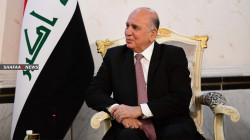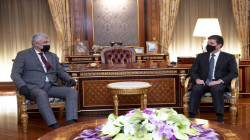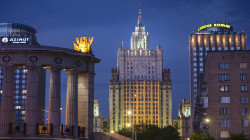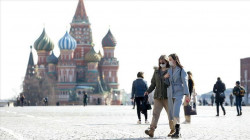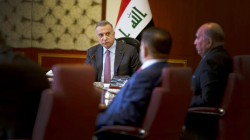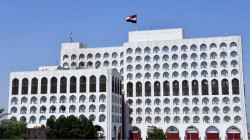Moscow vies for control of Wagner Group operations in Africa following Prigozhin's departure
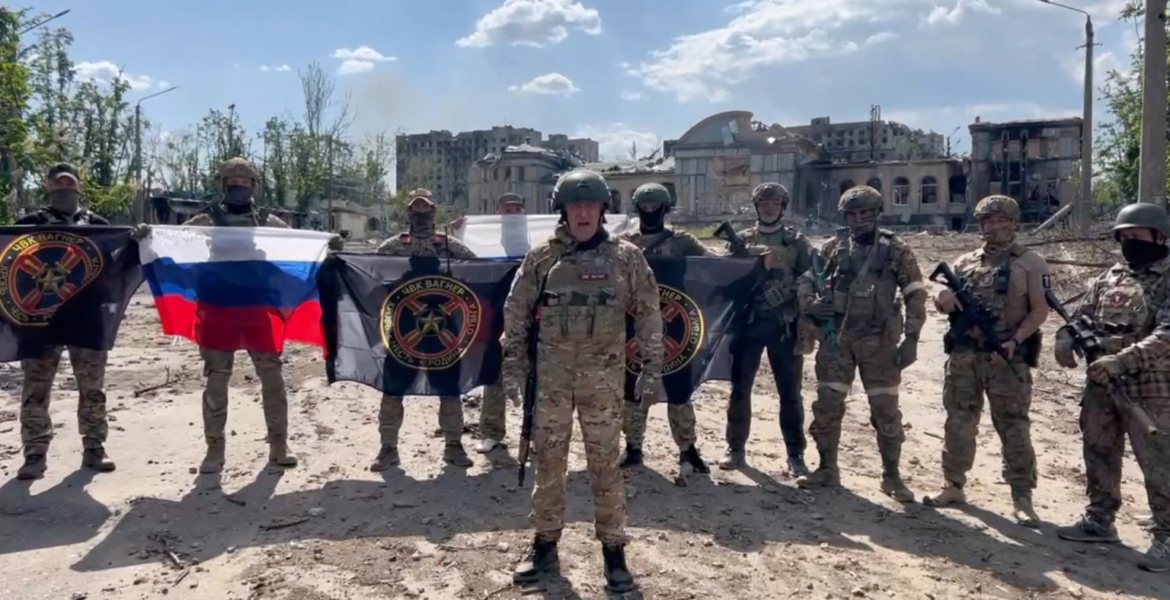
Shafaq News/ Following the death of Yevgeny Prigozhin, the founder and leader of the Wagner Group, Moscow is engaged in efforts to assert control over the group's activities in Africa. A Russian delegation, headed by Deputy Defense Minister Yunus-bek Yevkurov, visited several African countries in early September to convey Moscow's commitment to supporting these nations.
The New York Times reported that with Prigozhin's demise, there is growing interest among individuals aspiring to lead the Wagner Group's operations in Africa. Russian officials are sending signals that the group's activities in Africa are now under new management. The situation has led to a complex power struggle, with two significant players within the Russian power structure vying for control.
Prigozhin maintained his loyalty even after his death, and debates persist regarding whether Wagner should be integrated under the Russian Defense Ministry's leadership or handed over to Prigozhin's son.
According to The New York Times, Intelligence information suggests that two Russian spy agencies, the Military Intelligence Agency and the Foreign Intelligence Agency, are competing for control of Wagner's operations. General Andrei Avrianov, known for leading an elite unit specializing in foreign military operations and assassinations, accompanied Deputy Defense Minister Yevkurov during the Africa tour, raising questions about the future role of Russian military intelligence in the region.
Wagner's significance to Russia primarily lies in its operations in Africa, particularly in Libya and the Central African Republic. The group's presence in these regions weakens Western powers like France and the United States. In the Central African Republic, Wagner forces have been active since 2018, assisting President Faustin Archange Touadera in combating rebel forces and expanding Russian influence.
The Kremlin has refrained from commenting on the future of Prigozhin's empire. Prigozhin had previously been a harsh critic of the Russian defense establishment and led a brief mutiny in June, which was seen as a challenge to Russian authorities.
The circumstances surrounding Prigozhin's death have prompted speculation, including suggestions of potential retaliation by President Putin. However, the Kremlin has vehemently denied such claims, dismissing them as lies.
Prigozhin's extensive assets, including his paramilitary group and media network, held significant implications for Russia, as they played a role in military conflicts and efforts to undermine democratic institutions globally.
